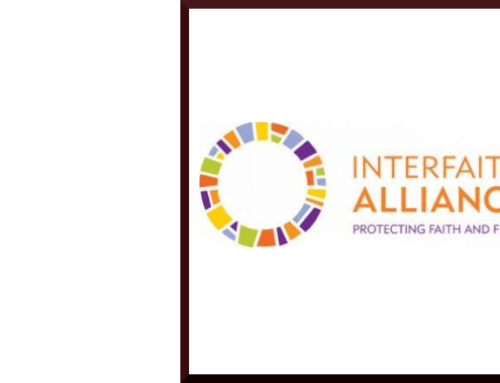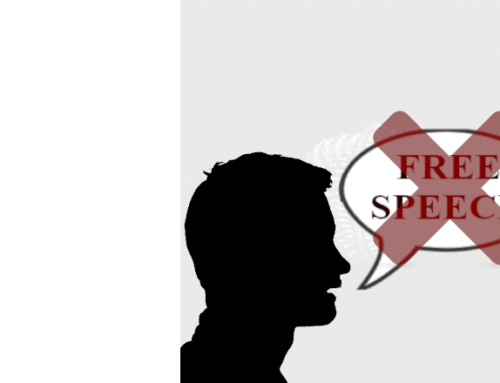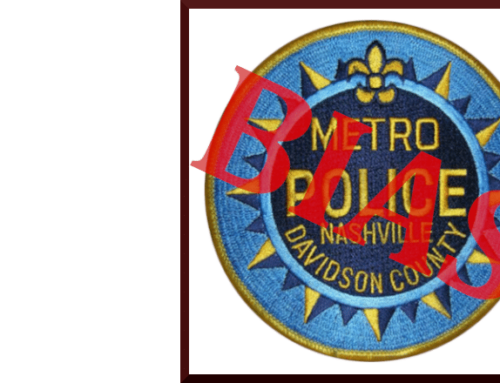Catholic League president Bill Donohue discusses a column posted by the Washington Post on a Colorado school board vote:
In a Washington Post blog post by Valerie Strauss, she notes that those opposed to a school voucher program won all four seats on the seven-member school board panel in Douglas County, Colorado. The headline reads, “With a Catholic Archbishop Against Them, Voucher Foes Win Control of School Board in Key Race.”
Of course, many of those who led the fight for school choice were not Catholic, never mind a member of the clergy. Now if dropping “Catholic Archbishop” in the headline were the only shade of bias, there would be nothing to complain about. But her column goes on to say that school voucher programs represent “corporate-based reform” funded “in large part by dark money coming from outside” the region.
What is “corporate” about freedom to choose? And why is it that when Hollywood celebrities contribute generously to the most liberal candidate running in other parts of the country, the term “dark money” is never used? Did those supporting school choice do something illegal?
Strauss accurately writes that the courts have differed in their rulings on Blaine amendments (they prohibit public monies to religious institutions). But she proves revealing when she describes them as “helping [to] maintain a separation of church and state,” adding that these amendments have “long been seen by many Americans as a central tenet of U.S. democracy.”
Remarkable. The Blaine amendments were born in bigotry: they were introduced in the states after Senator James Blaine, a notorious anti-Catholic, failed in his efforts to pass such legislation at the federal level. As such, they are anathema to every tenet of U.S. democracy.
It is not surprising that the school choice side lost in Douglas County, described as “one of the wealthiest counties in the country.” The rich can always buy the best education for their children, and many have no interest in granting poor non-whites the same choices that they exercise. Yet over their white wine and brie, they decry how bad the conditions are in the inner city, wondering why everyone isn’t as compassionate as they are.







